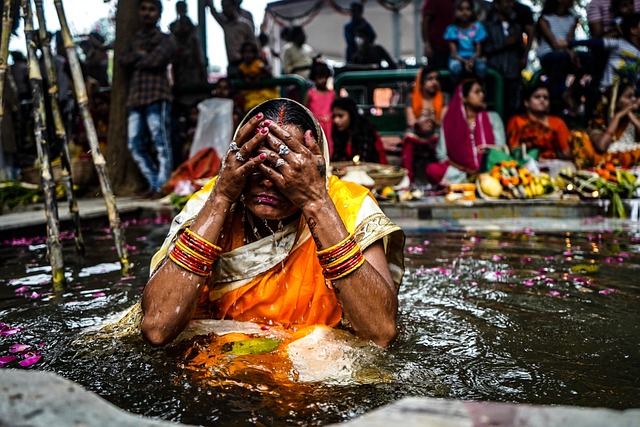Sacred Rituals: The Power of Holy Water in Religious Traditions
Throughout history, water has held a significant place in various religious traditions, symbolizing purification, healing, and divine presence. Among these elements, holy water stands out as a potent representation of faith, serving as a medium for spiritual cleansing and connection with the divine.
In Christianity, holy water is perhaps one of the most recognized forms of sacramental use. It is often blessed by a priest, infusing it with spiritual significance. This sacred liquid is used during baptisms, blessings, and rituals, allowing the faithful to experience a profound sense of renewal. The act of blessing oneself with holy water serves as a reminder of one’s faith and a tangible connection to the larger community of believers.
Similarly, in Hinduism, water holds a sacred role. The Ganges River, for example, is considered the most holy river, and water from it is often collected and used in rituals for purification. Hindus believe that bathing in the Ganges can wash away sins and bring blessings. This belief reflects the underlying theme of holy water as a means of spiritual and physical renewal, fostering a deep connection between the believer and the divine.
In many Indigenous traditions, water is viewed as a living entity, a vital force integral to life. Rituals involving water, whether it be in the form of rivers, lakes, or even rain ceremonies, underscore the reverence for nature and its spiritual significance. The use of holy water in these contexts serves to highlight the interconnectedness of all living things, emphasizing harmony and respect for the earth.
Across various cultures, the use of holy water transcends mere physical attributes; it represents a spiritual journey. Whether it is found in the simple splash at the entrance of a church, the purification ceremonies of a temple, or the life-giving rains celebrated in tribal festivals, water exists as a powerful emblem of faith, renewal, and transformation.
As we reflect on the usage of holy water in religious practices, it is essential to consider its deeper meanings. It is more than just water; it is a vessel of hope and connection, a reminder of the sacred that flows through our lives. In times of uncertainty, holy water offers comfort, allowing believers to reconnect with their faith and find strength in their spiritual heritage.
In a world that often feels divided and chaotic, the rituals surrounding holy water serve as a unifying force, bridging gaps between past and present, between different cultures and beliefs. As we engage in these rituals, we become part of a timeless tradition, a celebration of the sacred that calls us to reflect, to renew, and to reconnect with the divine essence that resides within us all.




